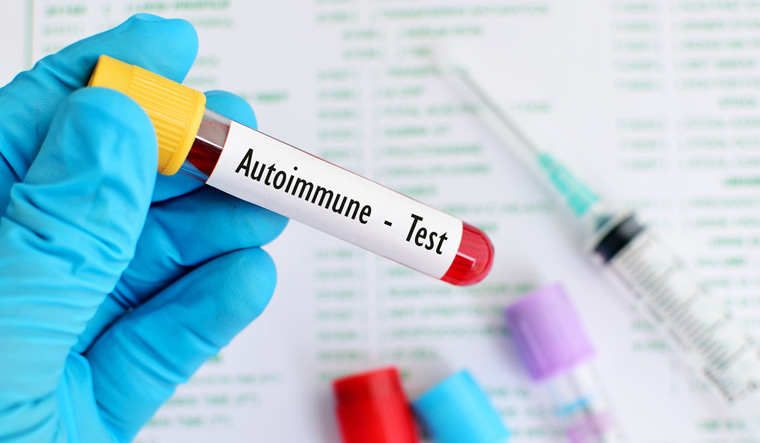Researchers have unveiled a groundbreaking approach in the battle against autoimmune diseases like multiple sclerosis and lupus. Dubbed the "inverse vaccine," this innovative treatment, detailed in a recent report in Nature Biomedical Engineering, represents a potential game-changer.
Autoimmune diseases occur when the body's immune system mistakenly targets its own healthy tissues, leading to debilitating symptoms. Traditional treatments often involve broadly suppressing the immune system, leaving patients vulnerable to infections and other risks. However, this newly developed "inverse vaccine" offers a more precise and promising alternative.
The concept behind this approach is fascinating. The immune system usually responds to foreign invaders, known as antigens. In autoimmune diseases, it mistakenly targets self-antigens, which are molecules from our own cells. The challenge has been to reestablish the body's tolerance for its own antigens.
Researchers at the University of Chicago devised a strategy to redirect potential self-antigens to the liver, a critical organ for establishing tolerance. By attaching these antigens to a chain of sugars, they effectively marked them as "friendly" to the liver, preventing immune cells from attacking them.

In experiments with mice, the inverse vaccine displayed remarkable results. When applied to an egg white protein, it successfully curbed the immune response. More notably, it prevented the development of multiple-sclerosis-like disease in mice, halting the immune system's attack on myelin, the protective coating around nerves. This breakthrough reversed disease symptoms, offering hope for those suffering from similar conditions.
While this approach shows immense promise, there are challenges ahead. One significant hurdle is identifying the specific self-antigens involved in each autoimmune disease. Additionally, translating these findings to human therapies remains a complex task.
Nevertheless, this "inverse vaccine" marks a significant step towards more targeted and effective treatments for autoimmune diseases. Clinical trials are already underway for conditions like celiac disease and multiple sclerosis, and researchers and patients alike are eagerly awaiting the potential to change lives for the better. The future of autoimmune disease treatment may be closer than ever before.


